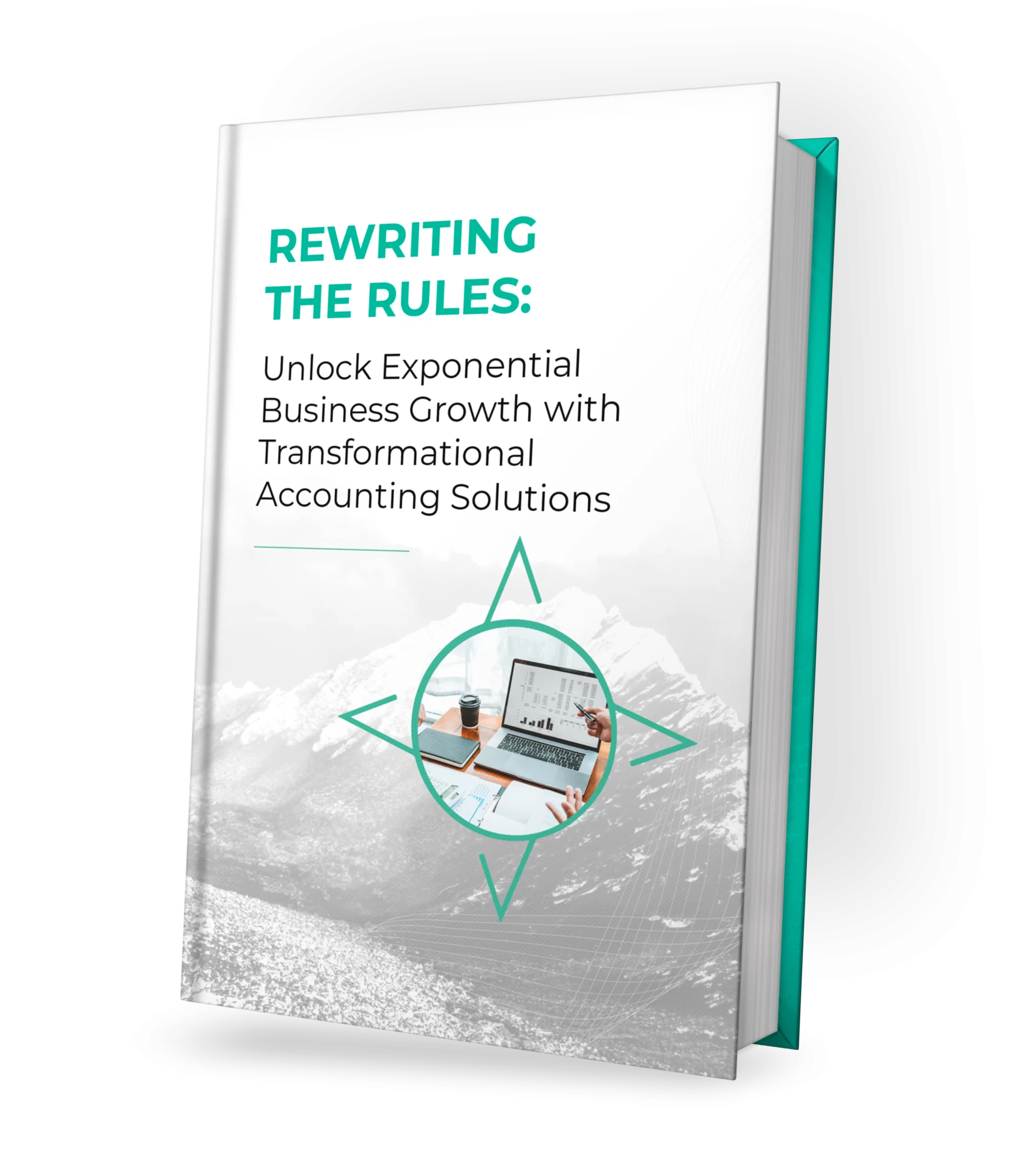Beware of Building a Business on a Foundation of Spreadsheets
How many billions (trillions?) of spreadsheets are in the world? It’s impossible to say, but it seems certain that any guess will be too low. Since Excel first appeared in 1985, the spreadsheet has become perhaps the most ubiquitous (and therefore most important) business tool in existence. Except at some point in that timeline, spreadsheets stopped being an asset to anyone.
Understanding Spreadsheet Risk
It’s hard to see something boring and benign like a spreadsheet as a major source of risk. But look at spreadsheets in a different context: as vessels for critical information. In that role, they can either connect people with the data and insights they need, or put more distance in between. Spreadsheets do the latter more often than it seems. Do these examples sound familiar?
- Spreadsheets Don’t Integrate With Anything Else – Getting data in or out of spreadsheets depends, in large part, on manual entries. Poor integration (or no integration) with other technology means that spreadsheets serve as a stumbling block. As integration increasingly becomes a driver of business success, each spreadsheet stands in the way.
- Visibility Ends at the Document’s Edge – Spreadsheets are great for understanding the information inside the document, but not for incorporating information from other spreadsheets or data sources (see above). Lack of visibility into all information leads to decision making where the conclusions are under-informed at best and misinformed at worst.
- Business Intelligence Feels Underwhelming – The point of Excel and other spreadsheets tools is to organize information, not analyze it. To the extent that reporting and business intelligence are possible, they’re limited. That leaves a company with weak strategic insights at a time when most industries (especially due to Covid) are adapting for a new era.
- Budgeting & Planning Never Improve – Though spreadsheets are a tool for accounting, they’re not exactly an accounting tool. They don’t have features to help with key accounting obligations – like budgeting and planning. Spreadsheets can accommodate this work, but they can do little to improve upon it.
- Errors are Inevitable and Invisible – Whenever anyone has to move data manually, and especially when they have to key in figures by hand, errors will occur inside spreadsheets. It’s inevitable, and those errors are usually invisible too. Anyone who has dealt with spreadsheets understands the challenge of keeping them clean, not to mention keeping them functioning.
Becoming a Post-Spreadsheet Organization
Breaking a spreadsheet dependency sounds difficult at first, even unthinkable. But when you see the risks outlined above, there’s no arguing that it’s time to embrace an alternative. Businesses large and small, young and old can’t afford to depend on spreadsheets any longer.
They don’t have to with Sage Intacct, a leading financial management platform with all the strengths of spreadsheets and none of the risks. Keep your information where it belongs – someplace built to make the most of it. Proseer is here to help you leverage everything Sage Intacct can do and decommission spreadsheets with minimal disruptions. Are you ready to leave 1985’s technology behind and adopt a new toolkit? Contact Proseer to make the leap.

